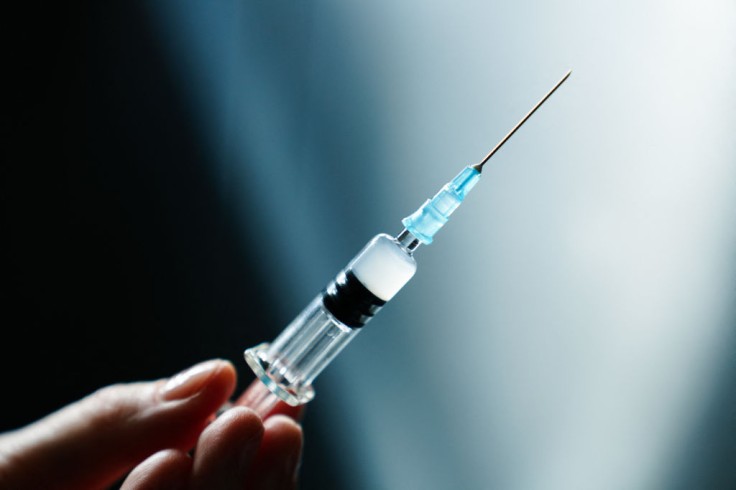
Federal health officials declared that three women, diagnosed with HIV after "vampire facial" medications at an unlicensed New Mexico medical spa, are possibly the first documented cases of people acquiring the virus through a needle-based cosmetic procedure.
Women Acquired HIV Through Cosmetic Procedure
The Centers for Disease Control and Prevention (CDC) announced in its Morbidity and Mortality Report that an inspection ranging from 2018 to 2023 disclosed the clinic's possible reuse of disposable equipment meant for single use.
While HIV transmission from contaminated blood via unsterile injections is a known danger, this announcement marks the first possible instances of infections connected to cosmetic services. Various well-known procedures, including Botox for wrinkle reduction and fillers for lip augmentation, involve needle usage.
The "vampire facial," a platelet-rich plasma microneedling procedure, requires drawing a client's blood, separating its components, and then using small needles to inject plasma into the face to rejuvenate the skin. Tattooing also requires needle use.
The New Mexico Department of Health started an inspection into the spa in the summer of 2018 after learning that a woman in her 40s tested positive for HIV despite lacking any known risk factors. She reported needle exposure during a clinic procedure that spring.
Following the investigation's launch, the spa ceased operations in the fall of 2018, and its owner faced prosecution for practicing medicine without a license. The report underscores the importance of implementing infection control measures at establishments offering needle-involved cosmetic procedures.
Additionally, it highlights the significance of maintaining thorough records at such businesses, as poor record-keeping hindered the investigation and could complicate future efforts to contact clients if necessary.
Read Also : Supreme Court Abortion Pill Case Could Initiate Challenges to Other Drugs, From IVF to Birth Control
The spa, VIP Spa in Albuquerque, came under investigation after the first case was discovered in 2018. The spa was found to have unsafe practices, including unlabeled blood tubes, unwrapped syringes, and improper storage of blood next to food.
The spa owner was convicted of practicing medicine without a license. Investigators found that 59 spa clients may have been exposed to HIV, with 20 receiving vampire facials.
The CDC emphasized the need for proper infection control in cosmetic injection facilities. Additionally, the CDC is investigating adverse reactions to counterfeit Botox injections, which have led to hospitalizations and treatments for botulism.
Needle Sharing Increases Likelihood of HIV Exposure
The risk of HIV transmission through needle sharing during drug injection is significant, as needles may retain infected blood. This risk persists regardless of where drugs are injected.
Immersing in other dangerous behaviors, like unprotected sex, further raises the possibility of HIV transmission. Needle sharing also risks a person to other bloodborne infections like hepatitis B, hepatitis C, and tuberculosis.
To reduce this risk, individuals can stop drug injections or avoid needle sharing altogether. Access to clean needles is crucial, with options available at drugstores or through community syringe programs.
Cleaning needles with water and bleach can also aid in lessening transmission danger if new needles are unavailable. Pre-exposure prophylaxis (PrEP), a daily pill, and consistent condom use during sex are precautionary measures against HIV transmission.
Seeking immediate medical attention if the risk of HIV is suspected is important, as healthcare providers can administer HIV tests and may suggest post-exposure prophylaxis (PEP) within 72 hours of exposure.
However, PEP is not foolproof, so ongoing precautions such as condom use and preventing needle sharing remain essential during its usage.